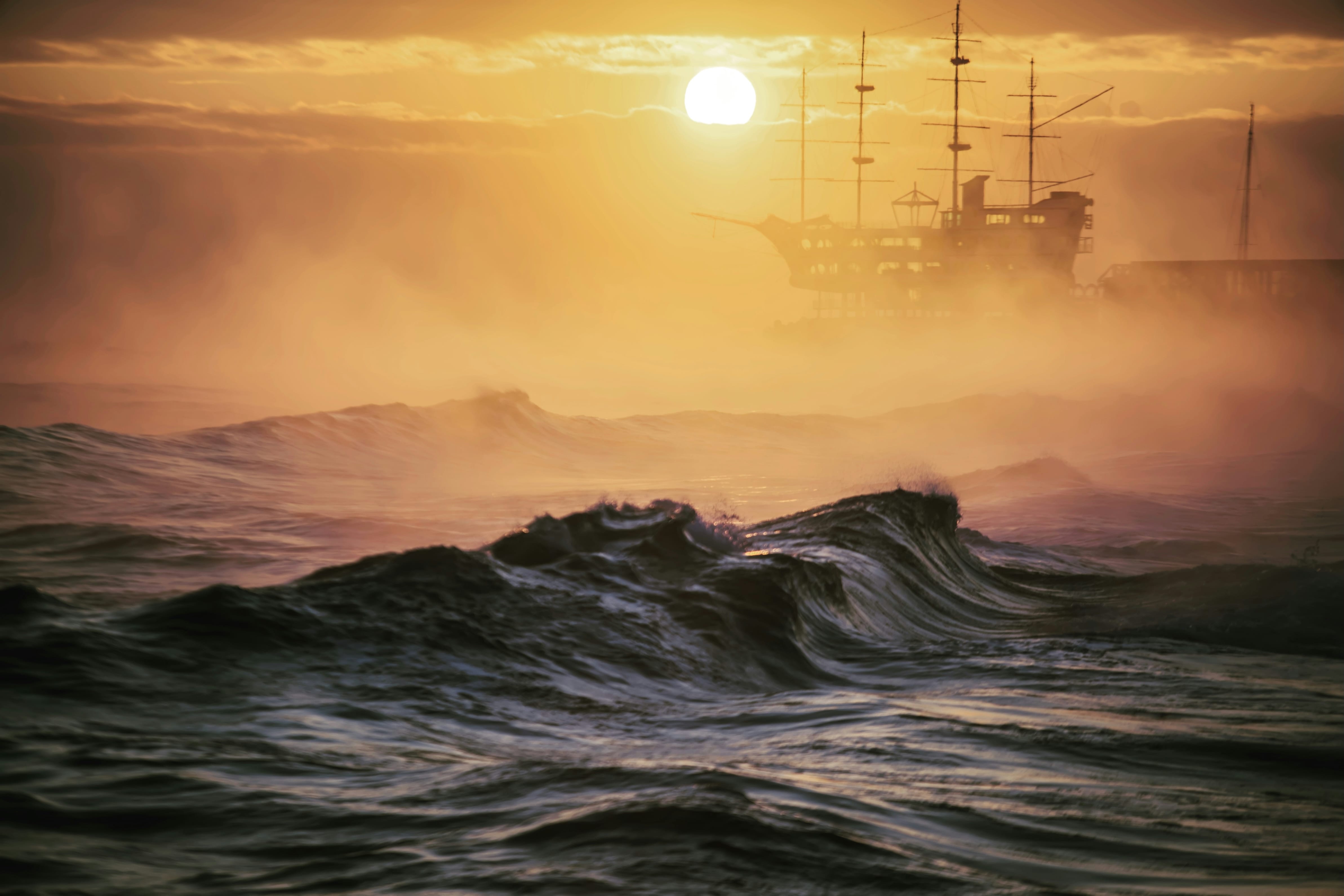
COP30 emphasized the ocean's role as a key climate ally, urging immediate implementation of "Blue NDCs" that require marine industries to rapidly decarbonize operations, protect ecosystems, and scale sustainable energy solutions. Achieving global climate stability now depends on integrated collaboration between marine business, technology providers, and scientists, who are essential for setting evidence-based targets and designing robust monitoring (MRV) systems.
The message from COP30 has been crystal clear - Ocean-climate action has never been more urgent. This message is of immense importance to those working in and around the ocean, in any marine related industry.
The “good news” is that the ocean is now being recognised as the greatest ally in combatting climate change. The ocean absorbs over 90% of excess planetary heat and nearly one-third of greenhouse gas emissions. Its stability underpins climate stability—and by extension, economic stability. It is therefore both at the frontline of the climate crisis and a force for climate solutions.
However, although the science is clear, effective action remains inadequate. COP30 has been urging acceleration of the ‘ocean implementation’ era, including:
To use the COP30 vernacular, delivering meaningful ocean-climate action starts with incorporating the ocean directly into national climate strategies through “Blue Nationally Determined Contributions (Blue NDCs)”. For businesses, this signals a new wave of policy that may increasingly shape investment flows, regulatory expectations, and market opportunities in ocean-related sectors.
Blue NDCs require:
For businesses operating on or near the ocean, the coming decade will redefine competitiveness. Marine and maritime industries are not peripheral players—they are pivotal to delivering global climate goals.
Shipping, coastal tourism, and aquatic food supply chains must accelerate low-carbon operations and climate adaptation measures. Sustainable shipping, in particular, is viewed as a major lever for global emissions reduction.
The shift toward responsibly scaled marine renewable energy (e.g., offshore wind, wave, and tidal power) is a critical investment frontier. Simultaneously, global pressure is mounting to phase out offshore oil and gas.
Fisheries and aquaculture will need to transition toward climate-resilient, sustainable production models, ensuring long-term supply security and reducing environmental impact.
Data capture will likely grow exponentially in order to optimise ocean management. Businesses involved in resource extraction, construction, or coastal management will be expected to integrate ecosystem conservation and restoration into their operations. Healthy ocean ecosystems are economic infrastructure—they regulate carbon, protect coastlines, and support food and tourism economies.
Aligning industry practices with ocean health is no longer optional; it is a strategic imperative.
Marine scientists serve as the architects behind these strategies, ensuring that climate finance and industry programmes align with what the ocean actually needs.
Sustainable marine technology is emerging as both an operational solution and a governance necessity.
These MRV systems, in particular, will become essential for regulatory compliance, transparency, optimisation of ocean projects, and for investment confidence.
Technology must be applied with caution. Emerging ocean-based carbon removal approaches—collectively termed marine CDR—carry significant scientific uncertainty and risk. These methods currently lack adequate oversight, monitoring, and governance. Following the precautionary principle, mCDR should not be treated as a near-term climate solution nor allowed to divert attention from proven mitigation measures.
Behind every credible ocean-climate action plan is a scientific foundation. Marine scientists supply the guidance required to minimize risk and maximize impact. The importance of their roles has never been greater.
Their roles include:
Scientists define the metrics that underpin Blue NDCs and ensure climate investments—public and private—are grounded in reality, not speculation.
Establishing and managing Ocean mapping and observation systems is essential. These systems generate real-time data that supports adaptation planning, especially for nations most vulnerable to climate change. Data capture will increase exponentially, especially as autonomous and smart marine capabilities increase at pace.
Scientists design and oversee MRV systems that ensure emerging ocean-climate solutions are effective, transparent, and safe.
Simply put, marine scientists provide the navigational chart that prevents climate action from drifting off course.
Whether through supply chains, energy production, tourism, or food systems, the ocean economy touches nearly every sector. Achieving global climate goals demands integrated action across industry, technology, and science—supported by strong multilateral cooperation and agreements that protect high-value ocean ecosystems. The Marine industry is now at the frontline.
Marine business leaders and technologists who recognize this—and act and collaborate accordingly—will be better positioned for resilience, opportunity, and long-term value creation in this rapidly changing world.
We at Discovery Technologies aim to play our part in facilitating the dialogue between science, industry and technology and accelerate effective collaborations with scalable outcomes.
Top line messages from COP30 Ocean Pavilion
Oceans at COP30: Moving Beyond Pledges to Build an Architecture for Change
https://earth.org/oceans-at-cop30-moving-beyond-pledges-to-build-an-architecture-for-change/